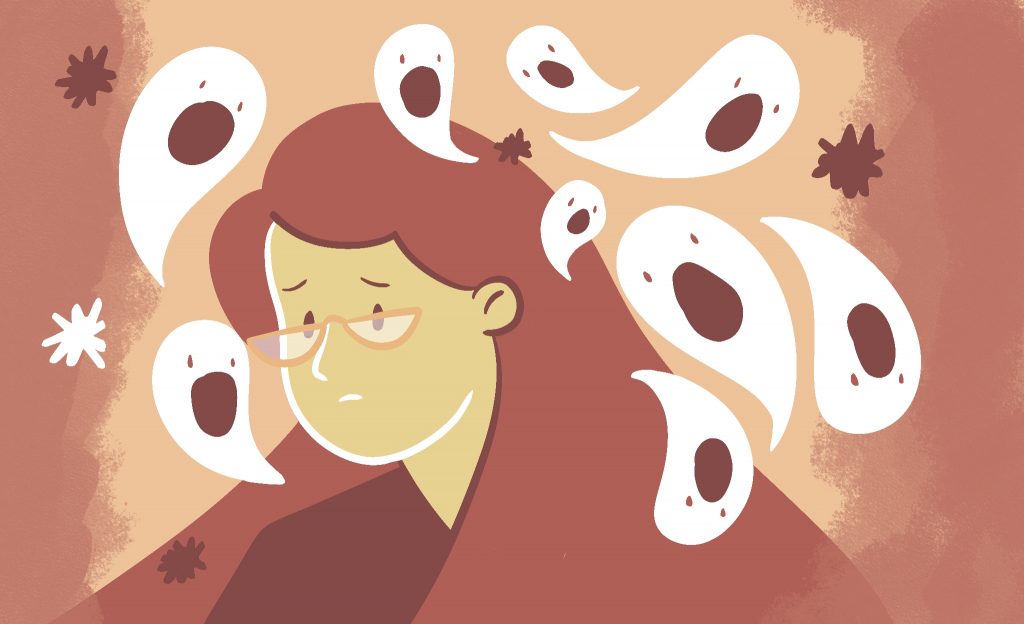
Our Brain’s Response to Trauma
Many parts of the brain are involved with understanding how the body and brain function during trauma, including the prefrontal cortex (front brain), the limbic system (located in the centre of the brain), and the brain stem (which is located at the base of the brain and controls the flow of messages from the brain to the rest of the body).
During a traumatic experience, adrenaline rushes through the body, and the memory is imprinted into the amygdala, which is part of the limbic system. It stores all the emotional significance of the event. However, rather than holding the trauma memory like a story, it reserves sensory fragments, so how our five senses were experiencing the trauma as it happened. The memories are stored through elements of tastes, touch, smells, sounds, and visual images.
Direct Trauma
Direct trauma is often the result of contact with a persistent, intense event that involves death, the threat of death, injury, or physical safety to you. It doesn’t mean that you will develop trauma-related symptoms. There are a range of responses experiences as a result of the traumatic events, which might be physically and/or psychologically wounding (trauma distress) for you.
Examples of work-related trauma could be:
- Workplace violence;
- Bullying;
- Medical errors and complications;
- Death and serious injury.
You might experience avoidance behaviours (not wanting to be reminded in any way about the event), re-experiencing (nightmares, flashbacks), or constantly feeling on edge (anxious, difficulty concentrating, anger, irritability). Understandably, it can feel a very frightening and potentially isolating time as you try to ‘make sense’ of your experience.
Vicarious Trauma
In vicarious trauma, it is not a single traumatic exposure event or a series. Instead, it is a culmination of the multiple accounts of hearing, witnessing, or reading other individuals’ experiences of trauma. Probably, you won’t recall them all, and it is like emotional wounding by a thousand stories.
Each one has an impact, and can create feelings of profound sadness, anger at the world, numbness, and emotionally overwhelmed.
Triggers
Being triggered is more than just emotional discomfort. For many, it can be an extreme emotional response that reminds the individual of a traumatic or emotionally distressing event (a ‘trigger’). It is your brain doing its job and trying to keep you safe.
Our brains are hardwired to make associations, and so even if something has a vague connection with the traumatic event, this could be enough to trigger an emotional response.
Notice when you might be avoidant of a situation, person or place. Also, if your response is bigger than the situation calls for, this might be a sign you are being triggered.